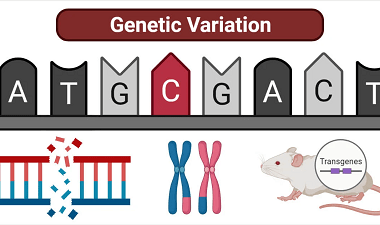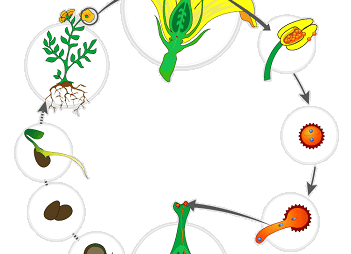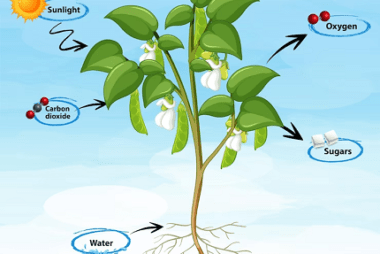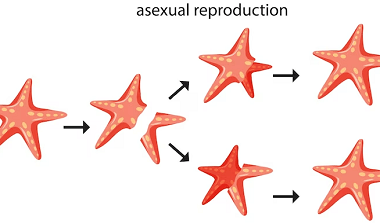Advance Course AIIMS-SYLLABUS Biology syllabus The Molecular Basis Of Inheritance
The Molecular Basis Of Inheritance The molecular basis of inheritance refers to the underlying mechanisms by which genetic information is passed on from parents to offspring. It involves the study of the molecular structures and processes that govern the transmission, replication, and expression of genetic material. Key concepts and components of the molecular basis of…









